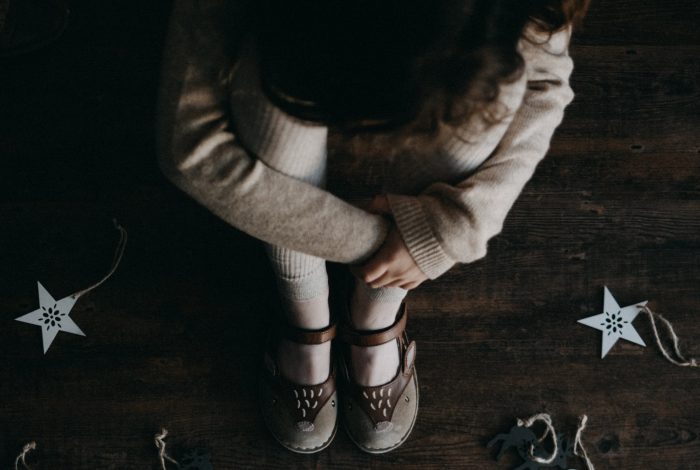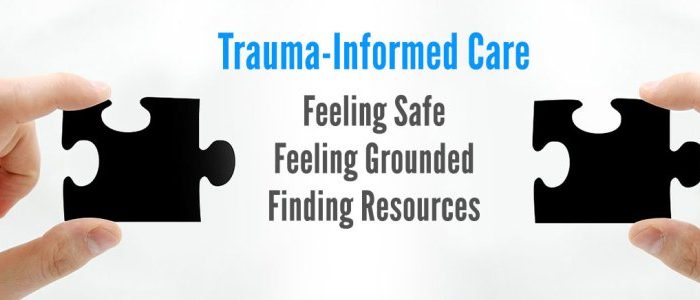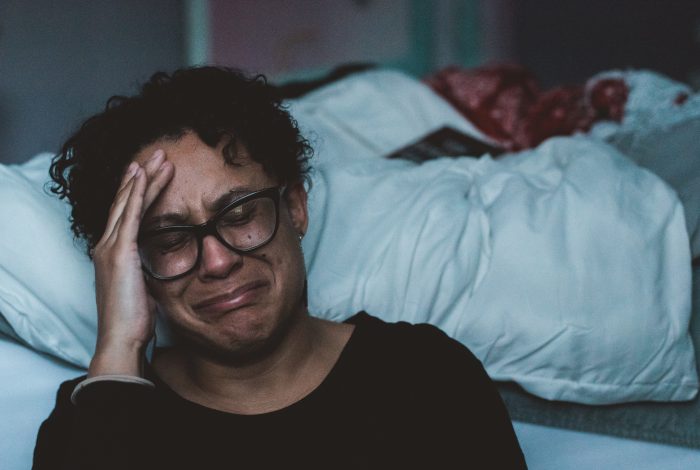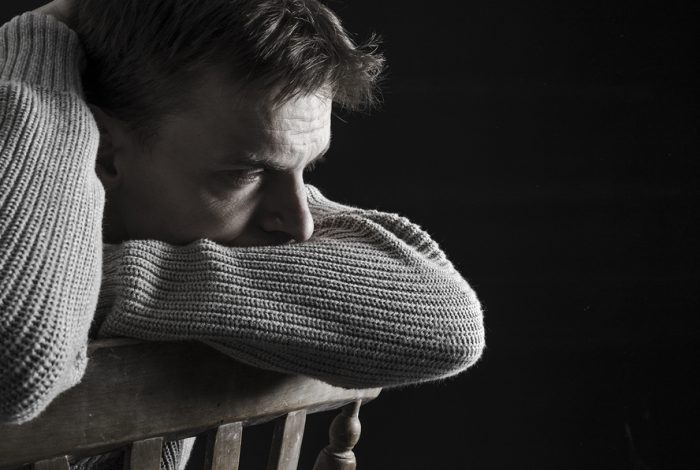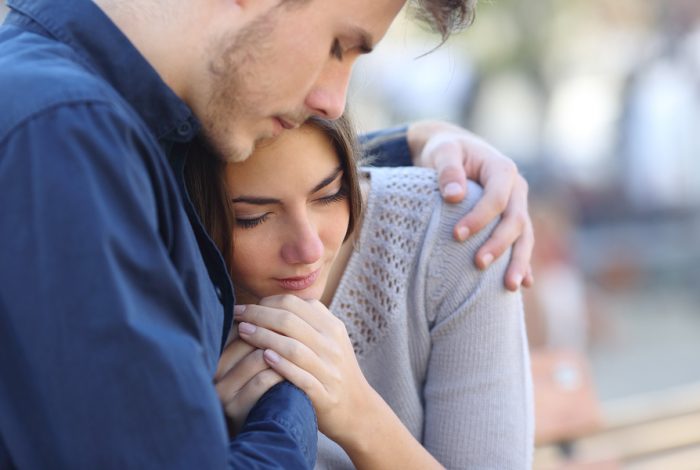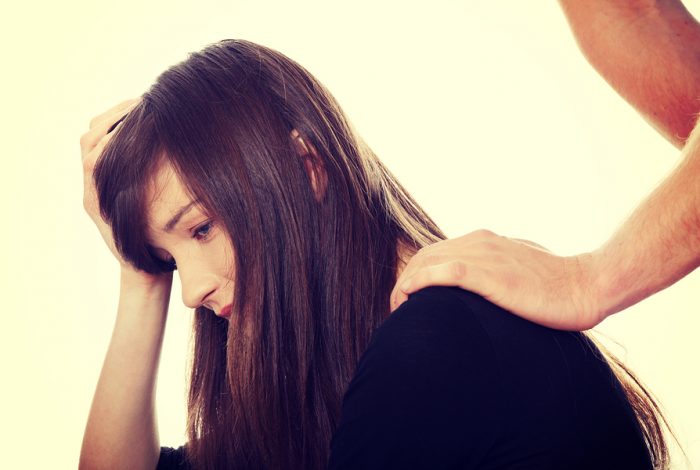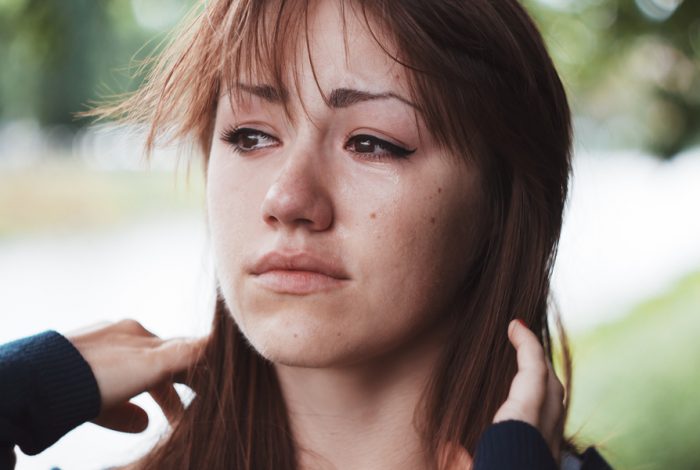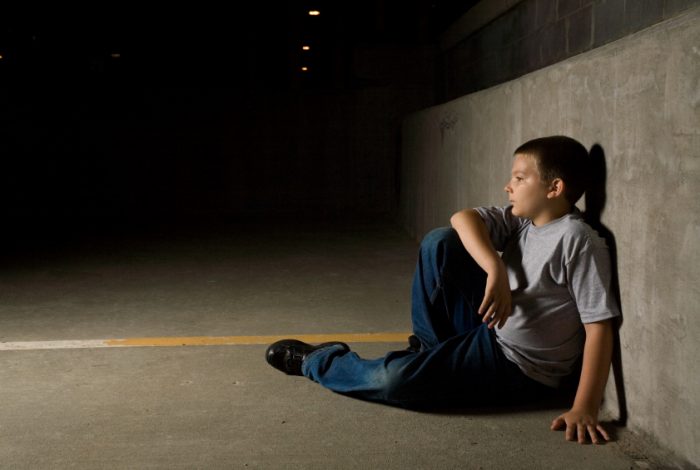What History Tells Us About the Dangers of Separating Children from Parents
The children who have been forcibly torn from their parents at U.S. borders have more trauma to endure than the parting itself. More likely than not, they will face a lifetime of painful consequences from the terror and neglect they’ve suffered and continue to suffer every minute they continue to be kept from their families…. Read more »
Read More